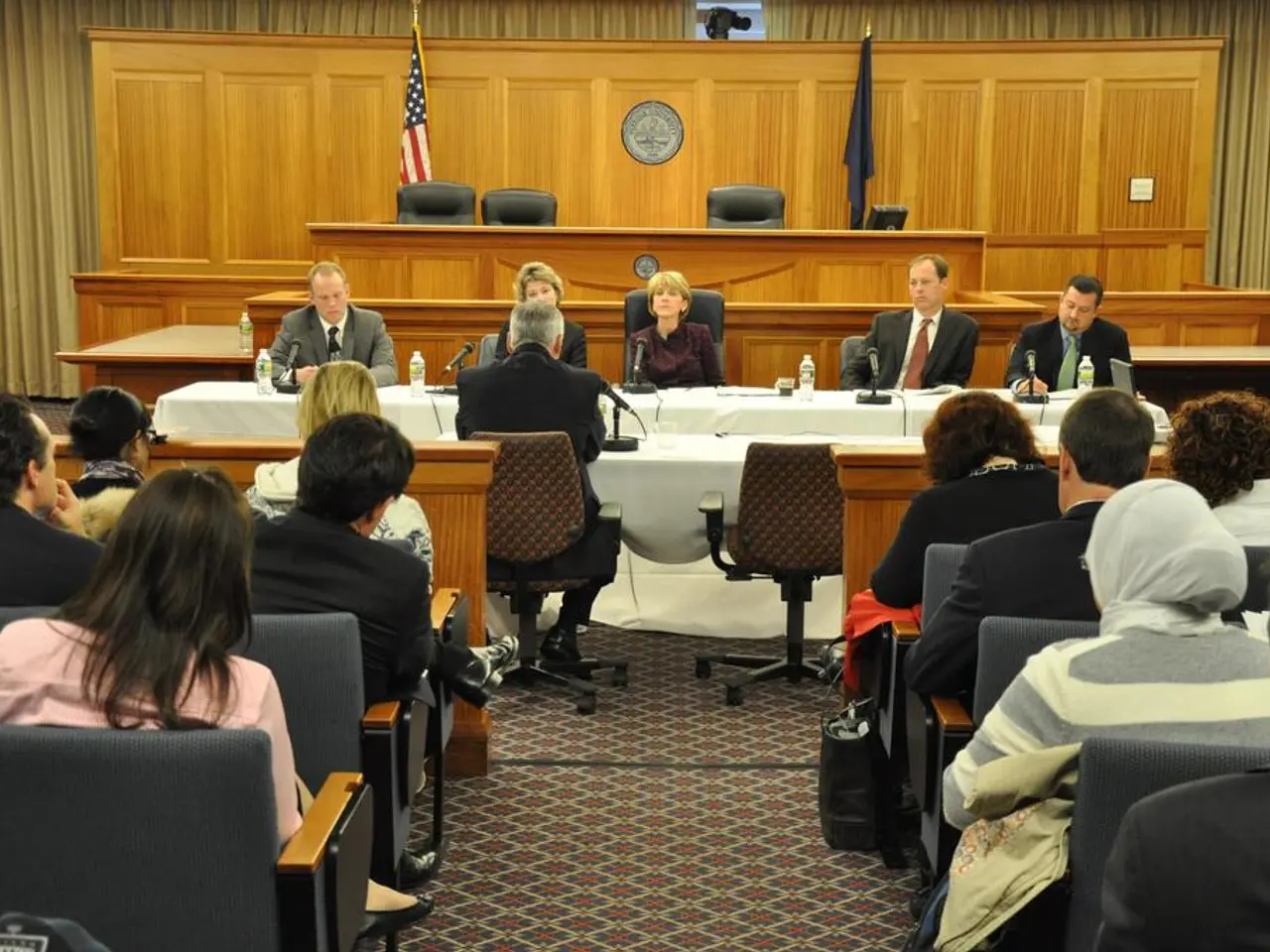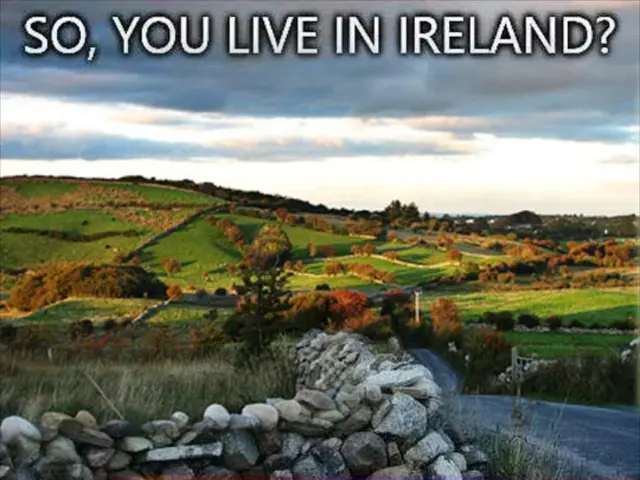Trump's advisor reveals fresh insights about the Alaska meeting with Putin
The Alaska Summit between US President Donald Trump and Russian President Vladimir Putin, held on August 15, 2025, focused on discussions about the ongoing Ukraine war. Despite no ceasefire agreement being reached, both leaders described the meeting as constructive yet diverged on key points regarding conflict resolution.
Trump announced a shift in his approach, stating that instead of requiring a ceasefire before peace talks, the focus should be on directly negotiating a peace deal. He also indicated plans to initiate calls to European leaders and Ukrainian President Volodymyr Zelenskyy to further such efforts. Trump announced intentions for a bilateral meeting between Putin and Zelenskyy, followed by a tripartite summit including himself.
Putin, however, insisted that Ukraine must recognize the incorporation of the Donbas region into Russia, a position Russia does not fully control. The Kremlin viewed talks of a Putin-Zelenskyy meeting as premature and suggested that only lower-level Russian and Ukrainian officials might meet initially. This suggests Putin aims to prolong the conflict, confident Russia can still achieve its objectives, while using negotiations as a stalling tactic.
Post-summit, Putin praised Trump, calling him "the light at the end of the tunnel" for strained U.S.-Russia relations. However, Russian Foreign Minister Lavrov publicly denied plans for a Putin-Zelenskyy meeting, emphasizing that the agenda for such a summit is not ready and stressing Moscow’s need to have a role in any post-war security guarantees for Ukraine.
Trump displayed dissatisfaction with ongoing Russian strikes in Ukraine, particularly one that hit an American electronics manufacturer. He indicated he would decide within two weeks whether the U.S. would impose massive sanctions, tariffs, or take a less interventionist approach, highlighting uncertainty in the U.S. policy path forward.
The Alaska Summit took place after a conversation between Trump and Zelensky, with European heads of state and government hoping to get Trump's assurance that he won't make a deal "over the heads of the Ukrainians and Europeans". The German Chancellor Friedrich Merz, along with Ukrainian President Volodymyr Zelensky, aimed to develop a common strategy for Trump's meeting with the Kremlin chief in Alaska.
Despite the summit, Russia continues its attacks on Ukraine. The meeting could include talks about a possible air force ceasefire that would end the continuous Russian attacks on Ukrainian cities. The Russian delegation for the summit includes Yuri Ushakov, Sergey Lavrov, Andrei Belousov, Anton Siluanov, and Kirill Dmitriev.
In related news, German Chancellor Friedrich Merz plans to bring close European allies of Ukraine together for a preliminary discussion ahead of the video call with Trump. The German government announced a contribution of up to $500 million (around €430 million) to a Ukraine support package. NATO Secretary General Mark Rutte praised Germany as the largest European military aid donor to Ukraine.
British Prime Minister Keir Starmer will meet with Ukrainian President Volodymyr Zelensky in London today. Meanwhile, Russian President Vladimir Putin could already be on his way to Alaska for the summit, with a military aircraft taking off from Moscow's Vnukovo Airport in the morning suspected to be carrying Putin or part of his delegation. The landing in Alaska is scheduled for 6:43 AM local time, and the meeting is set to start around 11:30 AM local time.
- Despite the ongoing discussions at the Alaska Summit and Trump's announcement of a shift in approach, European leaders, including German Chancellor Friedrich Merz, remain concerned about potential deals being made without their input in the ongoing Ukraine-Russia conflict.
- As the Alaska Summit approaches, there is speculation about the possible inclusion of discussions regarding a potential air force ceasefire that could end the continuous Russian attacks on Ukrainian cities, potentially leading to a resolution in the ongoing conflict.








